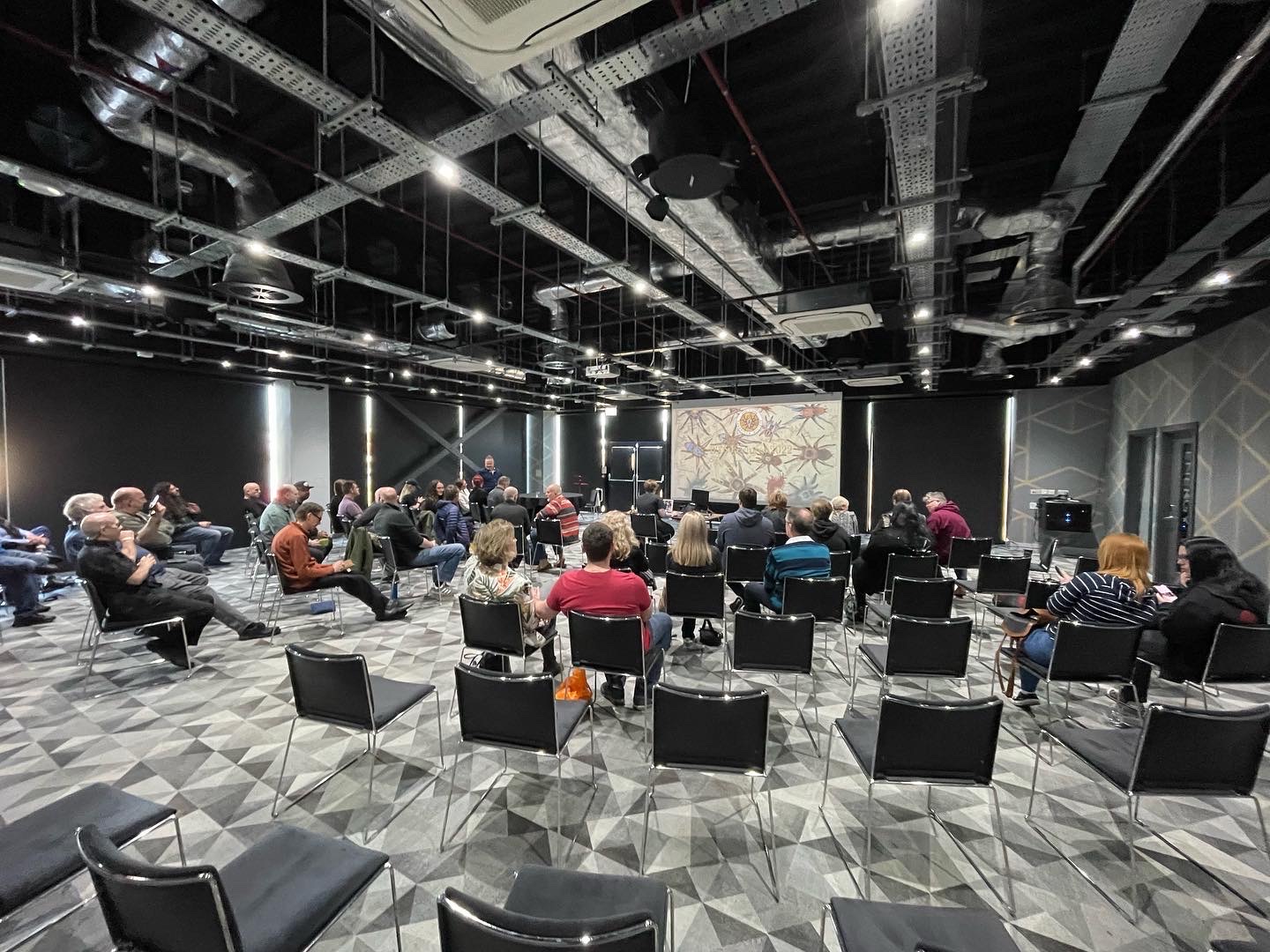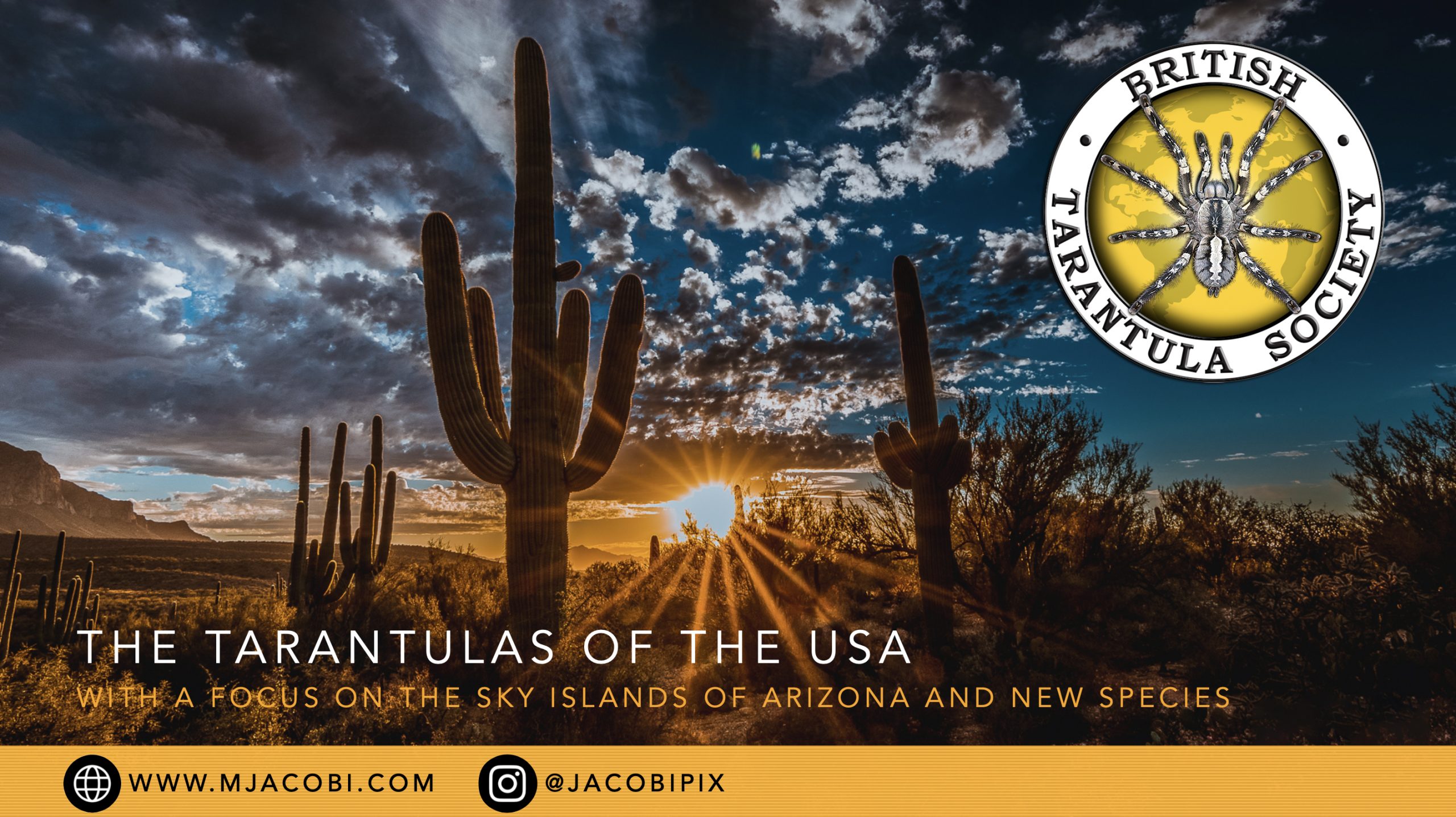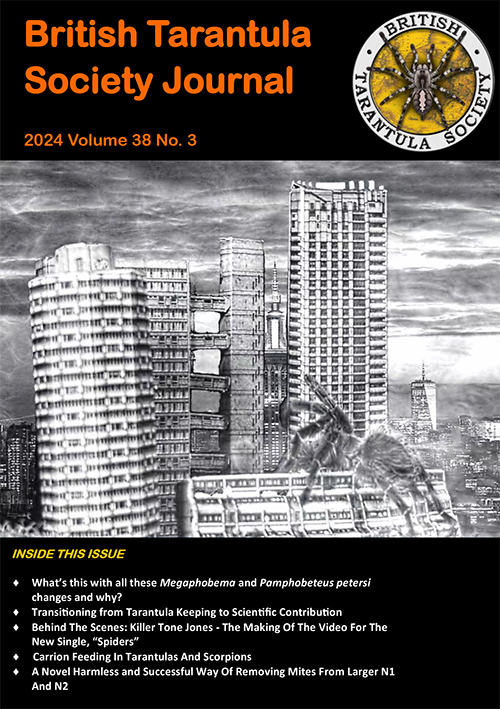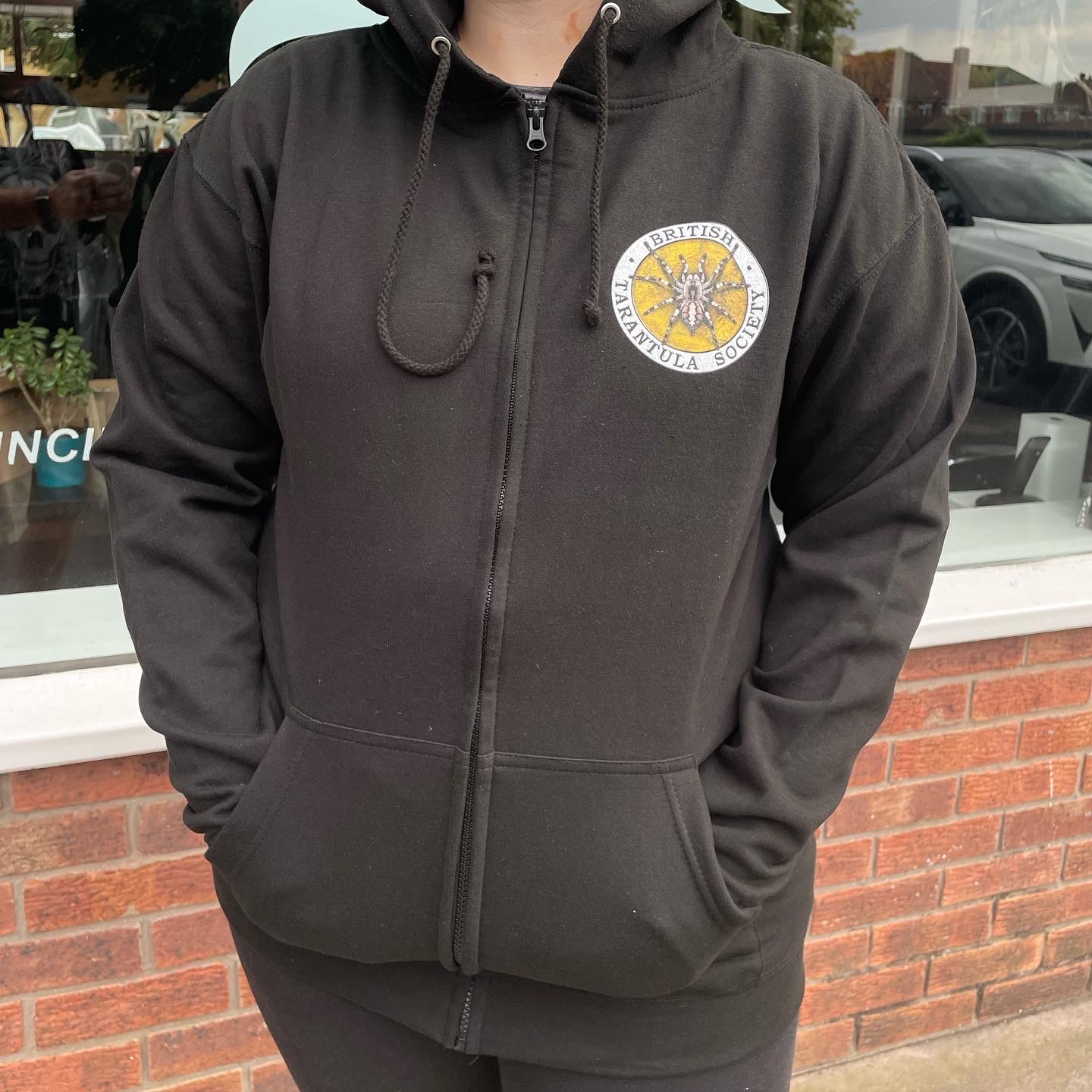BRITISH TARANTULA SOCIETY – CONSERVATION
Since its inception the British Tarantula Society has been at the forefront of theraphosid spider conservation, both in- and ex-situ.
Back in the early days of tarantula keeping (pre-B.T.S.) trade in theraphosid spiders was primarily of wild caught specimens (often exported in unsustainable quantities), since successful captive breeding was still in its infancy. The B.T.S. lead the way by publishing captive breeding techniques gleaned through the efforts of its global membership.
Captive breeding of theraphosids is now routine (a fact we often take for granted), and the production of spiderlings by this means greatly exceeds the number of wild caught specimens available today by several orders of magnitude. Proof-positive that conservation through captive breeding works!
Over the years the B.T.S. and its Committee have provided free and impartial advice on theraphosid taxonomy, conservation and biology. We have advised NGOs, Zoological Gardens, Statutory Governmental Conservation bodies, University Students and Museums. Scientific-based species conservation hinges on the ability to identify a species correctly; without such information research into a species’ conservation biology would be meaningless. Similarly, knowledge gained through captive breeding is extremely useful in informing field-based conservation initiatives, providing autecological information not easily gained in the field. As a society we also fund research abroad by scientists working on theraphosid biology in their home countries.
Our conservation policies are not restricted to arachnids. We actively promote the use of sustainable products in arachnoculture. The use of cork bark in vivaria helps ensure a demand for this eco-friendly product, thereby securing the future of natural Mediterranean cork oak forests. By promoting the use of coir (a sustainable by-product of the coconut industry) as a substrate in tarantula tanks, we also reduce demand for peat moss.
The B.T.S. has been involved directly and indirectly with theraphosid conservation for over 20 years, and will continue to promote this important aspect of the hobby.
BTS Committee




